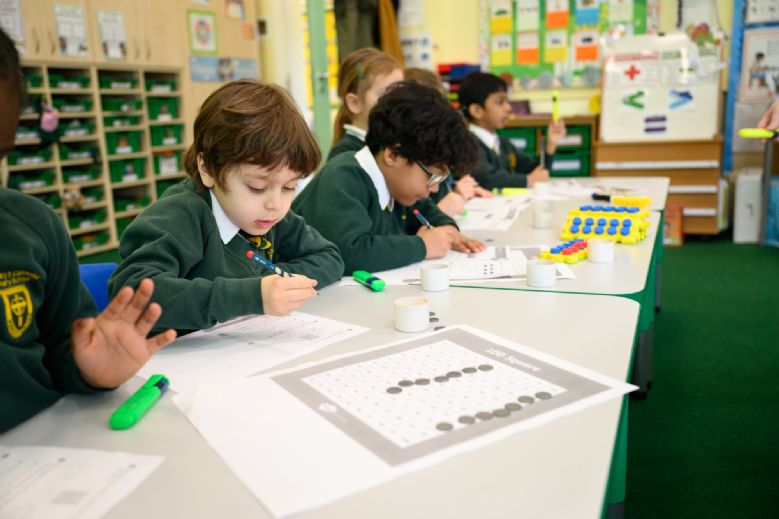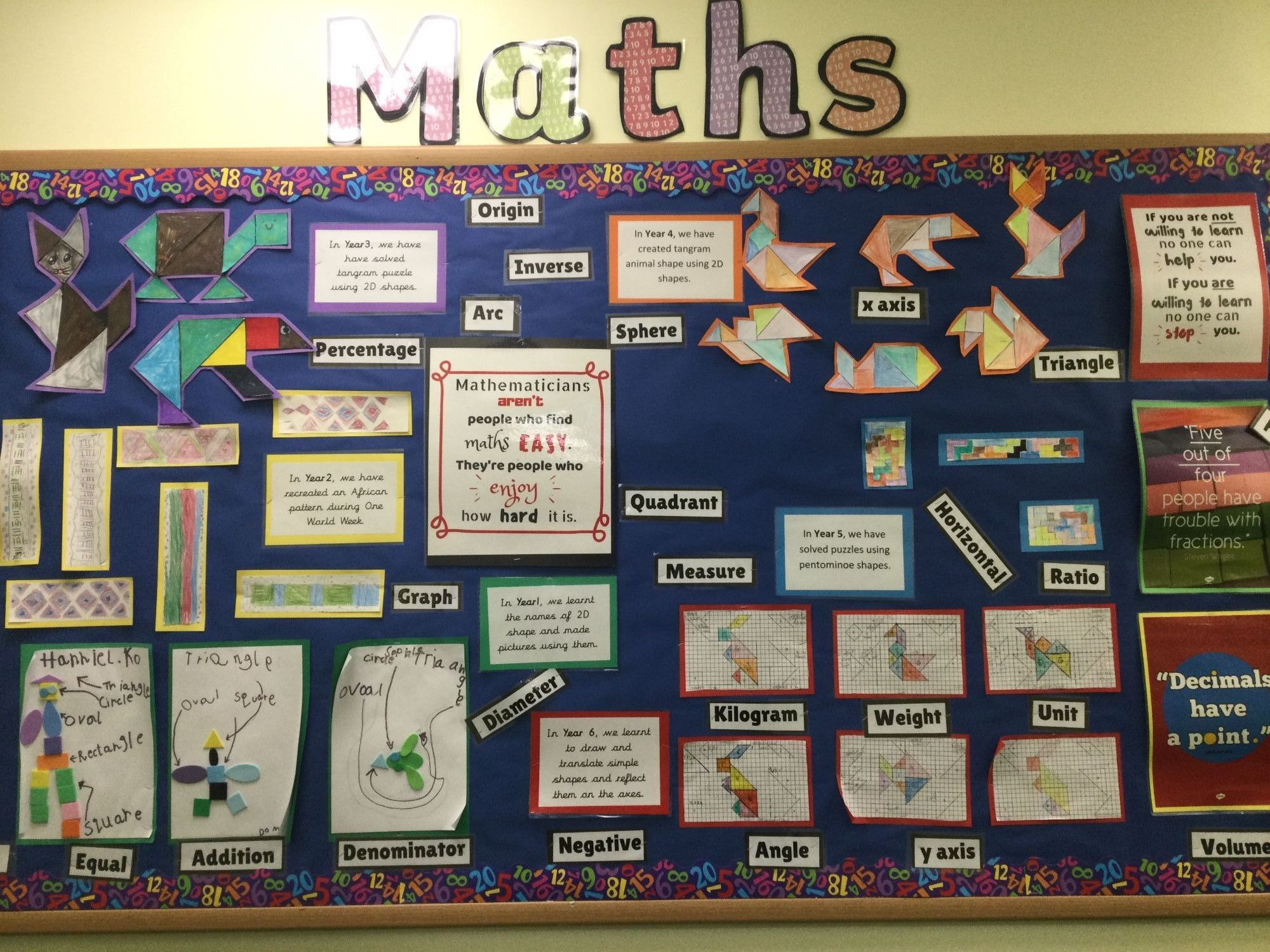Maths
Our Curriculum Intent

Maths curriculum aims:
- Become fluent in the fundamentals of mathematics through varied and frequent practice with complexity increasing over time.
- Develop conceptual understanding and the ability to recall and apply knowledge rapidly and accurately.
- Reason mathematically by following a line of enquiry, conjecturing relationships and generalisations, and developing an argument, justification or proof using mathematical language
- Problem solve by applying knowledge to a variety of routine and non-routine problems. Breaking down problems into simpler steps and persevering in answering.
How is our Maths curriculum planned?
Our mathematics curriculum is challenging for all pupils and aligned with end of year curricular expectations. Teachers use "White Rose" to support them in breaking down the mathematics curriculum so that they can plan for units of work in a manageable way. Topics are revisited throughout the year to help develop mastery of knowledge through quizzes, mental starters, plenaries.
Ongoing assessments have been used to help assess whether children are in a place to access learning aligned with the end of year expectations. There are opportunities for mental and oral rehearsal alongside concrete (pencil and paper) activities. Pupils, who need extra support, are given the opportunity to practise and consolidate learning objectives. All pupils are given equal opportunities and tasks to deepen their understanding, giving particular attention to reasoning and thinking.
List of websites to support home learning:
- www.mathszone.co.uk
- www.crickweb.co.uk
- www.bbc.co.uk/bitesize/
- www.primaryresources.co.uk/maths
- www.supermathsworld.com
- www.ictgames.com/resources.html
Our school has paid for a subscription to the following site:
(Your child will need to log-in using the details provided by their teacher)


